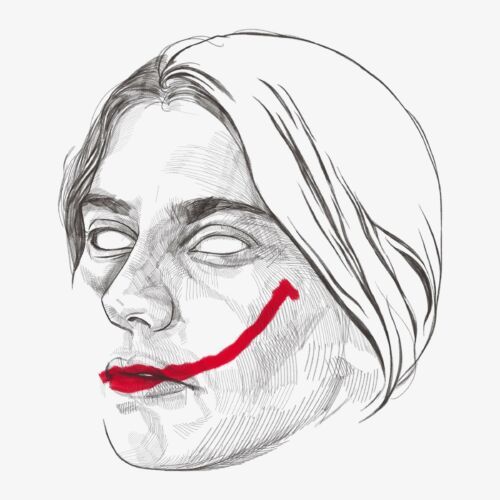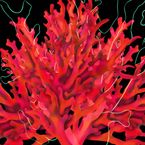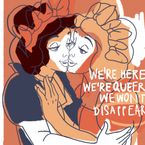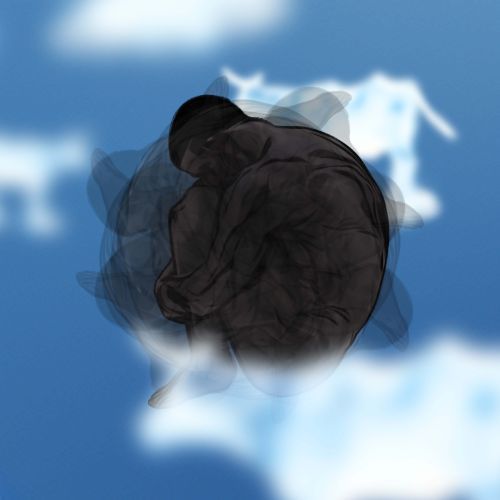Sustainable solutions: offshore cow farm and canned wine
Rotterdam Floating Farm is an environmentally sustainable and technologically advanced micro-dairy floating on pontoons in the waters of the North Sea near this Dutch port. An area of 929 m² is drifting with 40 Meuse-Rhine-Issel cows. In this way, they are not exposed to flooding and rising sea levels or occupy the land like other farms. The animals produce 757 litres of milk per day and can use, among other amenities, the barn in which the milk is processed into butter, yoghurt and other products. In the cold store, various types of cheese are matured on the lowest level.
How to reduce greenhouse gas emissions in the wine industry? Forget bottles and go for cans. According to the Wine Institute’s 2014 report, glass bottles accounted for 29% of wine’s carbon footprint (excluding transport). Bottle production is also very energy intensive. The question of recycling? In the US, only 31% of glass is recycled, compared to 50% of aluminium cans. Furthermore, a study by the Swedish retail chain of Systembolaget showed that buying three 250 ml aluminium wine cans involves a 79% lower carbon footprint than buying a bottle.
From 1 January this year, German restaurants, canteens, supermarkets and cafés that sell takeaway food and drinks must also offer their products in reusable packaging. This applies to football stadiums – up to the fourth League – but only for beverages. For food, most stadiums now offer disposable paper plates and wooden cutlery.


























